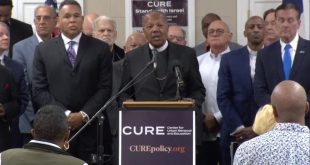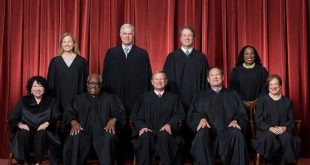The U.S. Supreme Court in Carson v. Makin (2022) ruled that a law in Maine that barred public funding for students to attend schools that provide religious instruction was unconstitutional.
Maine allowed families who didn’t have access to a local government school to participate in a tuition assistance program to choose alternative private schools as long as the money wasn’t used for religious teaching. The court said this requirement discriminated against religion.
The court’s ruling in Carson will effect the outcome of a similar case in California.
First Liberty reported that their clients, a group of concerned parents, have filed a lawsuit against California schools. The state authorized the creation of tuition-free charter schools under local schools. Some schools offer “independent study” as an alternate to traditional classrooms. Parents can use the money to buy instructional materials and make their own decisions about how best to educate their children.
The problem: public money can’t be used if the instruction is religious.
The defendants cited state law: government schools can’t teach religion and require charter schools to be non-sectarian.
The plaintiffs cited the Constitution’s guarantee of religious freedom, Carson, and other cases to support their arguments.
Citing Carson, the families contend that the “Supreme Court has ‘repeatedly held that a State violates the Free Exercise Clause when it excludes religious observers from otherwise available public benefits.'”
Justin Butterfield, Deputy General Counsel for First Liberty, said the “families love their charter schools and the opportunities those schools provide for families to educate their children in a way that fits the families’ needs. Our clients simply want to be able to choose curricula that fits their families’ needs without facing religious discrimination.”
Photo credit: By [2] – [1], CC BY-SA 3.0, Wikimedia Commons
Protect our children! Join us in this fight and help spread the word.
 CURE News and Clergy Blog News and Commentary for Christians
CURE News and Clergy Blog News and Commentary for Christians



